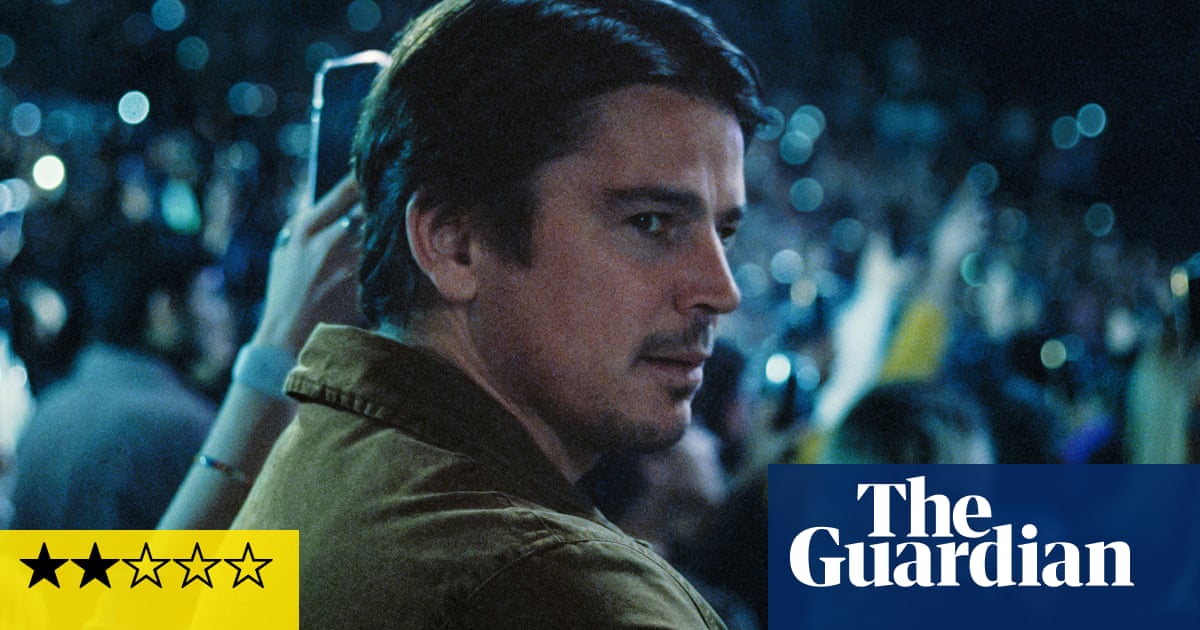The reintroduction of M Night Shyamalan offered the kind of specifically alluring comeback narrative that a certain generation was compelled to blindly support. Those of us who came of age with the flashy writer-director’s pack-em-in event movies could easily remember the flurry of excitement that came with each one – a rare example of a figure behind the scenes becoming as instantly famous as those in front.
His downfall, with movies so heinous that a snarky fund was once set up to send him back to film school, allowed us to see someone lose all of their instincts in crushing real time and fall prey to considerable ego; the guy who crafted Oscar-nominee The Sixth Sense ended his run as star director with four Razzie contenders in a row boasting an average Rotten Tomatoes rating of 15%. His work had lost all personality, the film-maker reduced to just some hack hired to direct big, dumb studio fare like The Last Airbender and After Earth – so new Shyamalan pictures were met with less intrigue and more frustration.
But he took a brief step back and regrouped, partnering with the horror hitmakers Blumhouse for 2015’s micro-budgeted found-footage horror The Visit, a nasty little B-movie that edged him back into the good books of audiences and critics. He followed with an even bigger success, the slightly less small and considerably more nasty Split, and suddenly those who had supported then abandoned Shyamalan were happily on his team again. Yet as fast as he turned it around, he managed to squander it just as quickly with misjudged Unbreakable trilogy entry Glass, clumsy body horror Old and ho-hum apocalypse misfire Knock at the Cabin. The thrill had most definitely gone.
Despite enduring these duds, it’s still hard not to get that tingle of excitement when his name graces a trailer – partly because many of us know he must still have it in him, and partly because how many other directors of his scale are still so committed to making original multiplex-intended thrillers? The arrival of his latest, high-concept horror-thriller Trap, has already led to more trailer-made memes than most bigger summer movies. But it’s been kept at a distance from critics with Warner Bros refusing to screen – a rarity for a film of this scale and a worrying red flag for a director whose career is littered with them.
It’s ultimately not quite as toxic as that hands-off strategy would suggest but Trap is also not quite much of anything: a limp and unexciting little night-waster that won’t be able to correct Shyamalan’s comeback course. He claims his original pitch was, “what if The Silence of the Lambs happened at a pop concert?”, an effectively batty idea that sees Josh Hartnett’s serial killer dad trapped as part of a string operation while taking his daughter to see her favourite singer. What should ensue is an exercise in clammy, clock-ticking suspense, but Trap is a film that’s maddeningly devoid of tension, a fun enough pitch that hasn’t been developed enough to work as an entire movie. (It feels like a bloated episode of M Night Shyamalan Presents.) Dialogue is Shyamalan-on-his-worst-day ungainly, moments of comedy are incredibly unfunny, Hartnett’s “Butcher” makes little to no sense as a killer and situations are rushed and poorly thought through, with illogical writing raising more baffling questions than a film like this should.
What’s most egregious about Trap is how Shyamalan uses it all as a backdoor showcase for his daughter Saleka, who plays the megastar on stage, singing her original music and, in the jaw-droppingly terrible last act, becoming one of the film’s key characters. Just months after he tried to force his other daughter, Ishana, into the spotlight, by producing her loathed horror film The Watchers, he’s now insisting Saleka breaks out – an equally unlikely ascent given the evidence. While her music is just about believable, if a little dated, for a star of her stature, as an actor, she’s an uncomfortable distraction, similar to the don’t-quit-the-day-job level nepo-catastrophe that saw Sofia Coppola start and end her acting career in The Godfather III. (In Trap, the cameo-obsessed director’s cameo is playing his daughter’s uncle, whose one scene has him telling us how incredibly kind and incredibly talented she is.)
Helping his daughter get her foot into the industry is a far more believable backstory for the existence of Trap than his “Hannibal Lecter surrounded by superfans” idea, because as a contained what-if thriller, it just doesn’t work. Shyamalan’s direction is too drab and muted for something so preposterously silly – the film needing the lurid splash of someone like Brian De Palma to really sing – and his script just can’t be bothered to really work through the trap that’s been laid or provide us with any clever ideas or, most disappointingly, nifty twists. Some will use its brief moments of sheer madness as proof that this is, in fact, a work of scream-at-the-screen brilliance: Hayley Mills leading the FBI operation, a strangely camp Kid Cudi cameo, a character using Instagram Live to get help rather than calling the police. But they’re mostly lost in a film that’s, at times, far too dull given its premise. Trap is a thriller that incorrectly thinks it’s fiendishly smart. Maybe if it was more aware of how stupid it actually is, it might have been a lot more fun.







